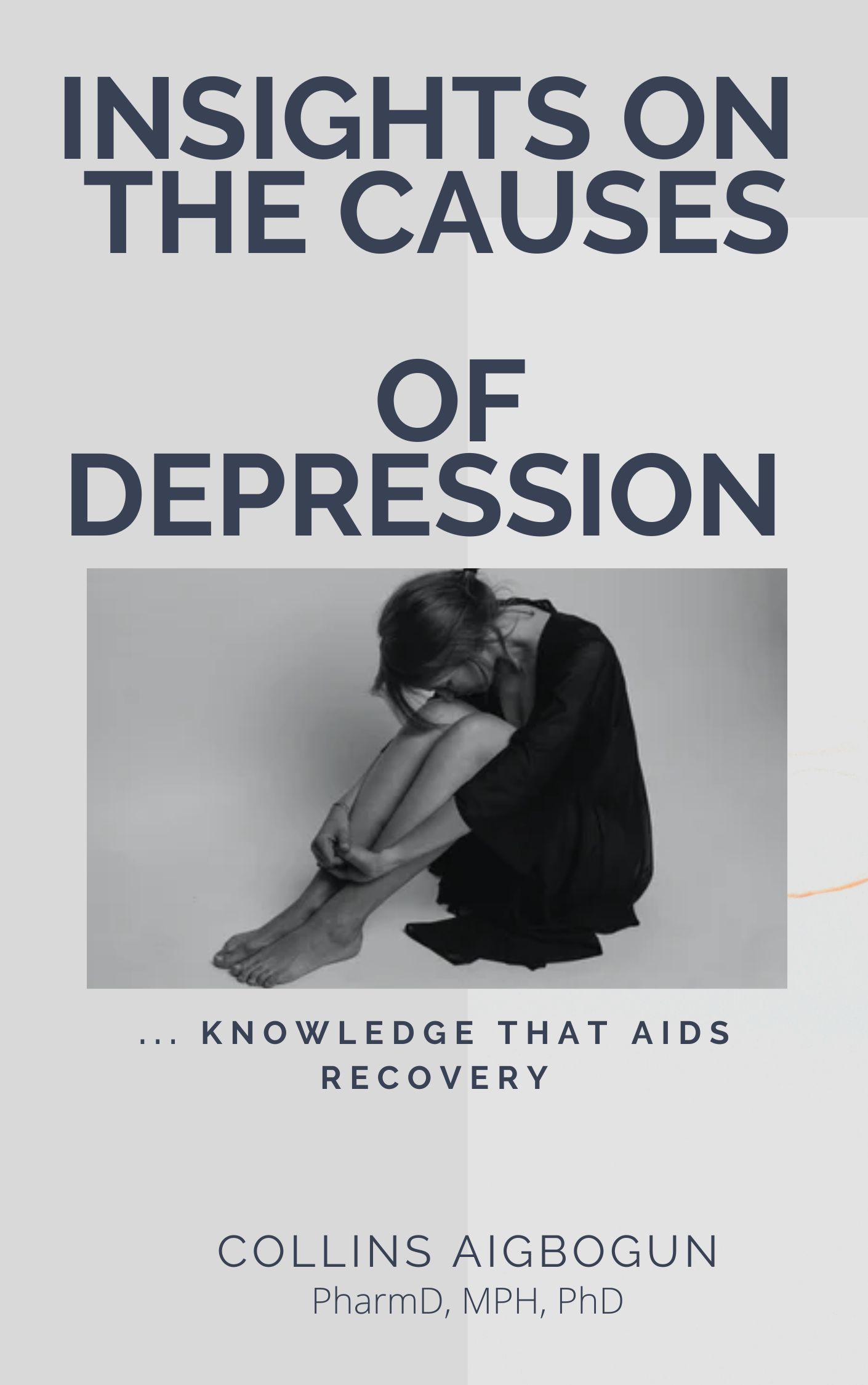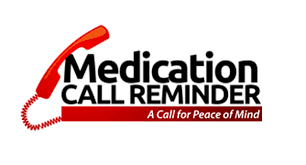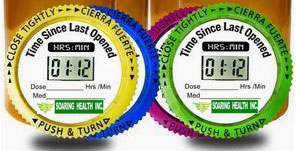How Reminders Enhance Medication Adherence
We live in a busy and boisterous society that requires almost everything to be done in a reduced time duration compared to a decade ago. Do you know that these busy schedules often occlude our memory, and we forget to take our medications? A recent study shows that a lot of patients have a reduced recovery timeframe or have health complications because the patient did not promptly take his/her prescribed medications. That means that an increase in medication adherence will increase the pharmacotherapeutic benefits of drugs. Steps in obtaining better adherence include:
- Patients’ understanding of the medications and their benefits.
Often, patients are unsure of the frequency and duration of their medication. Some are not aware of what to do whenever they miss a dose, or something else happens. Other patients are not fully aware of the best storage conditions for their medications. Still, many patients are not fully aware of the potentials of drug-drug interactions, food-drug interactions, and other forms of interaction that can influence the bioavailability of ingested medications. Hence, patients need to have this type of discussion with their physician or pharmacist.
2. The Use of Physical Reminder Tools
Color-coded pillboxes have helped some patients take their medications promptly. Others prefer to place a reminder cue in a visible and conspicuous location in the house. Such places can include refrigerator, kitchen, bathroom, or some other frequently visited spots in the house. Simple reminder cues include a piece of paper, a refrigerator sticker, a diary, or a journal. Better still, some patients prefer to associate the time of their medication with a daily routine such as breakfast, lunch, dinner, bathroom time, and several more.
3. The Use of Human Agents
Some patients prefer to rely on their friends and family members to remind them to take their medication. In such a scenario, there is a need to confide in more than one human agent because of the danger in a solo dependence.
4. The Use of Technology
The advent of technology has helped humans in diverse ways, including in health and medication reminders. For example, some people prefer to use the alarm on their cell phone as a reminder tool. Other people will prefer to use an app that will remind them to take their medications. Still, some persons prefer a direct call or text message. Recent research indicates that a lot of older patients will like to receive a call and talk to someone to be reminded to take their medication. A great tool that serves this purpose is the Medication Call Reminder system. This tool reliably gives peace of mind to the user and his/her support group because of the prompt messaging that helps its users get well sooner than they would have without this tool. Users and their caregivers can record reminders in their preferred voice and language. Also, this tool has an adherence metrics that help the user and caregivers to rate the level of adherence to prescribed medication. This tool also gives the user fast access to helpful resources in times of need. Click to receive your FREE guide on medication adherence.
References
1. Patient Compliance Medication Adherence: Statistics & References. http://www.cadexwatch.com/compliance.html.
2. Boskovic J, Leppee M, Culig J, Eric M. Patient self-reported adherence for the most common chronic medication therapy. Scand J Public Health. 2013;41(4):333–335. [PubMed].
3. Mira, J. A Spanish Pillbox App for Elderly Patients Taking Multiple Medications: Randomized Controlled Trial. J Med Internet Res. 2014;16(4).
4. Heldenbrand, Seth & Dayer, Lindsey & Renna, Catherine & Shilling, Rebecca & Martin, Bradley. (2015). Navigating the Flooded Adherence App Marketplace: Rating the Quality of Medication Adherence Apps.









